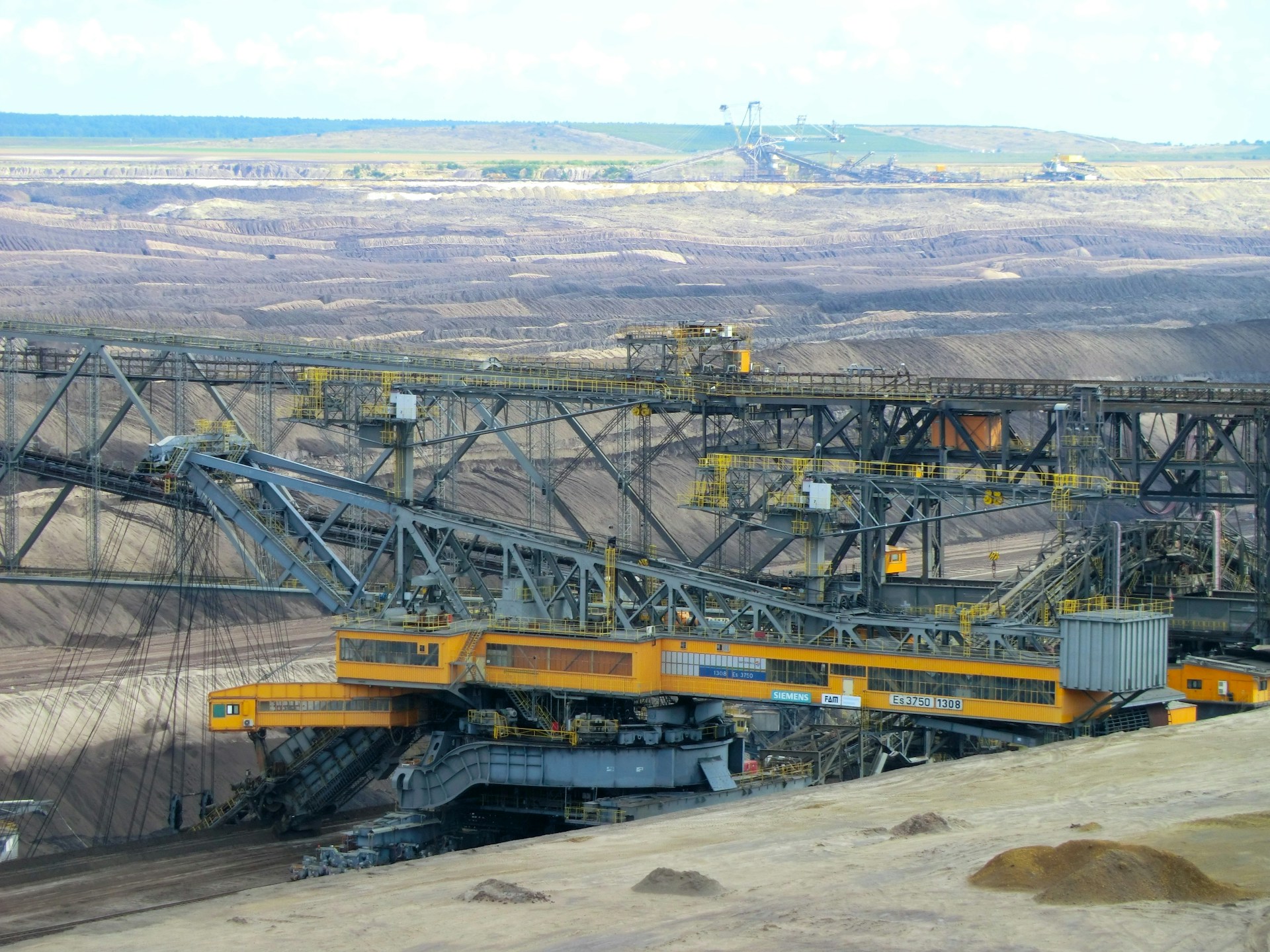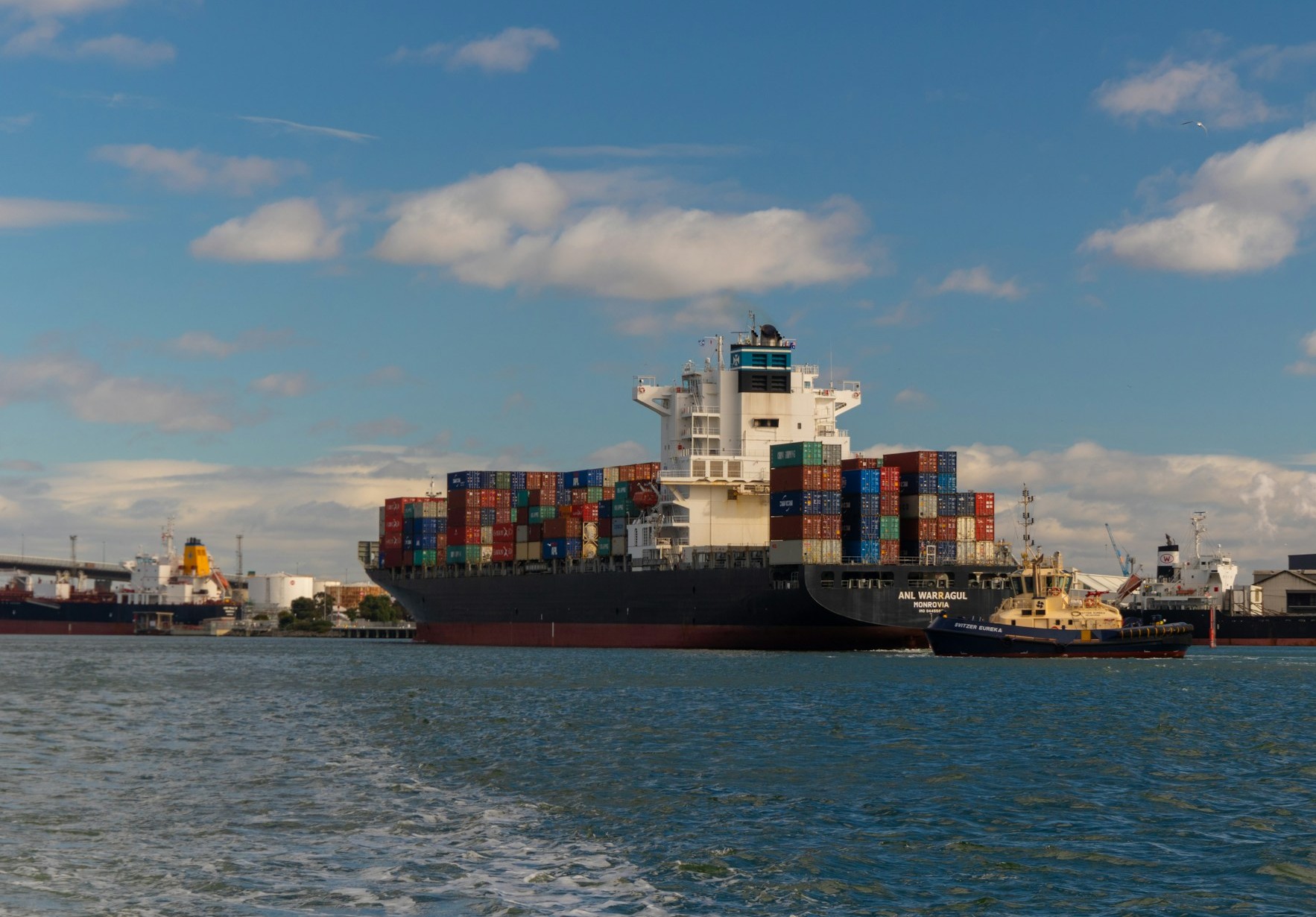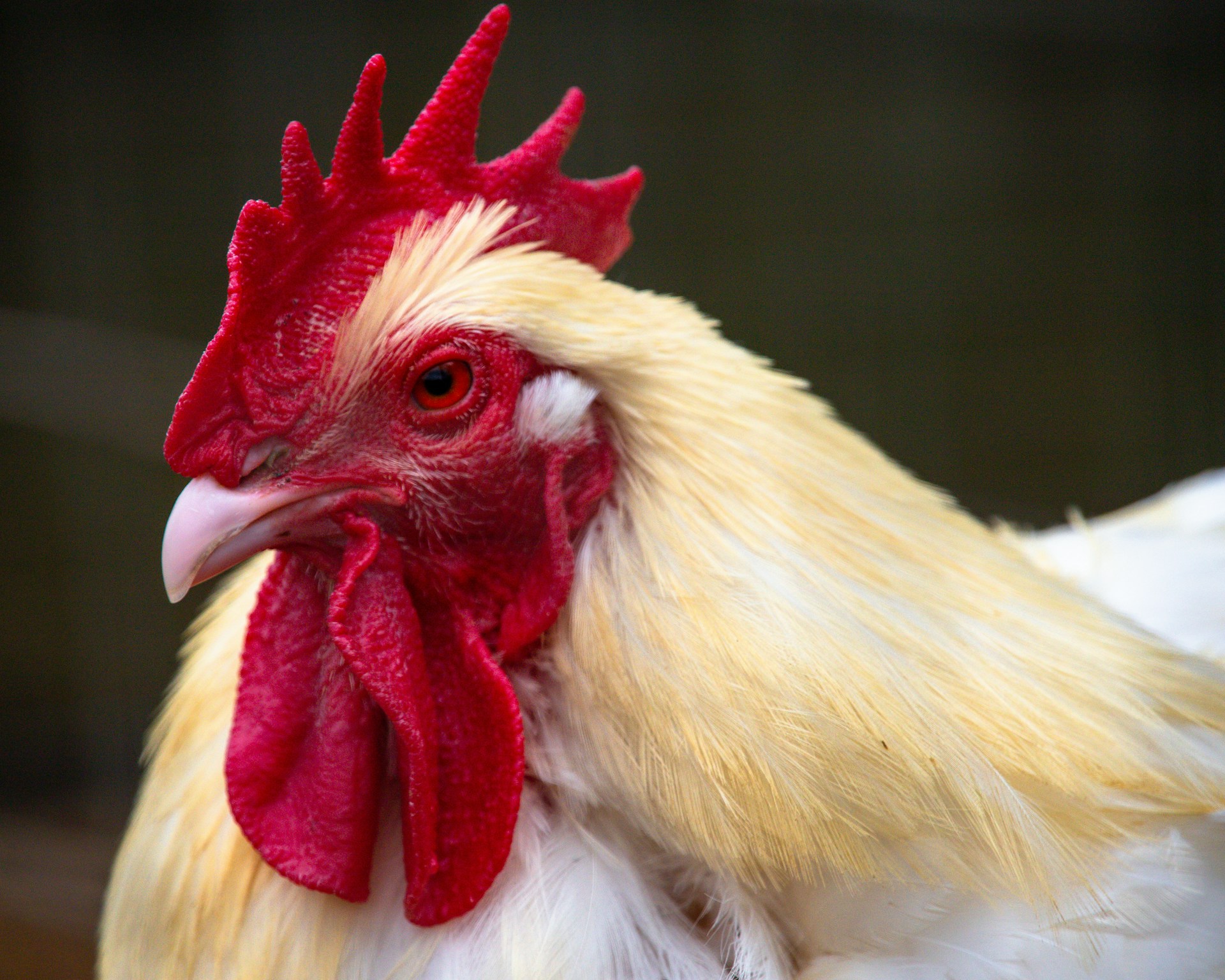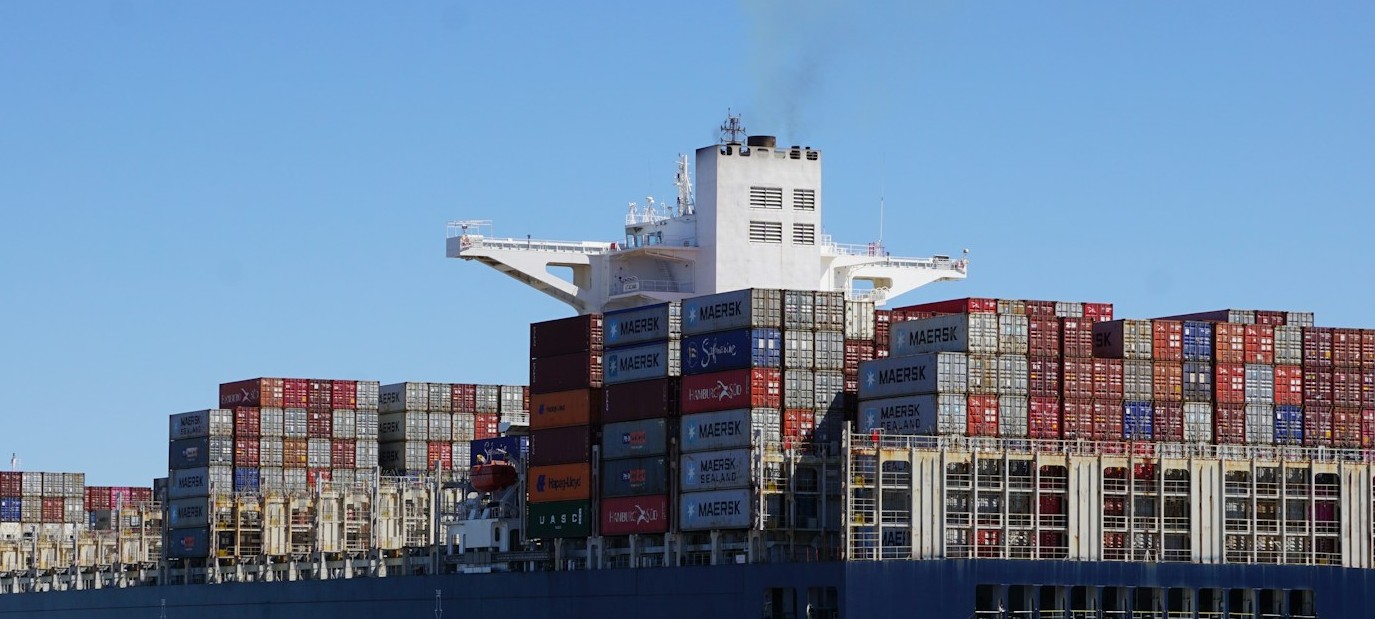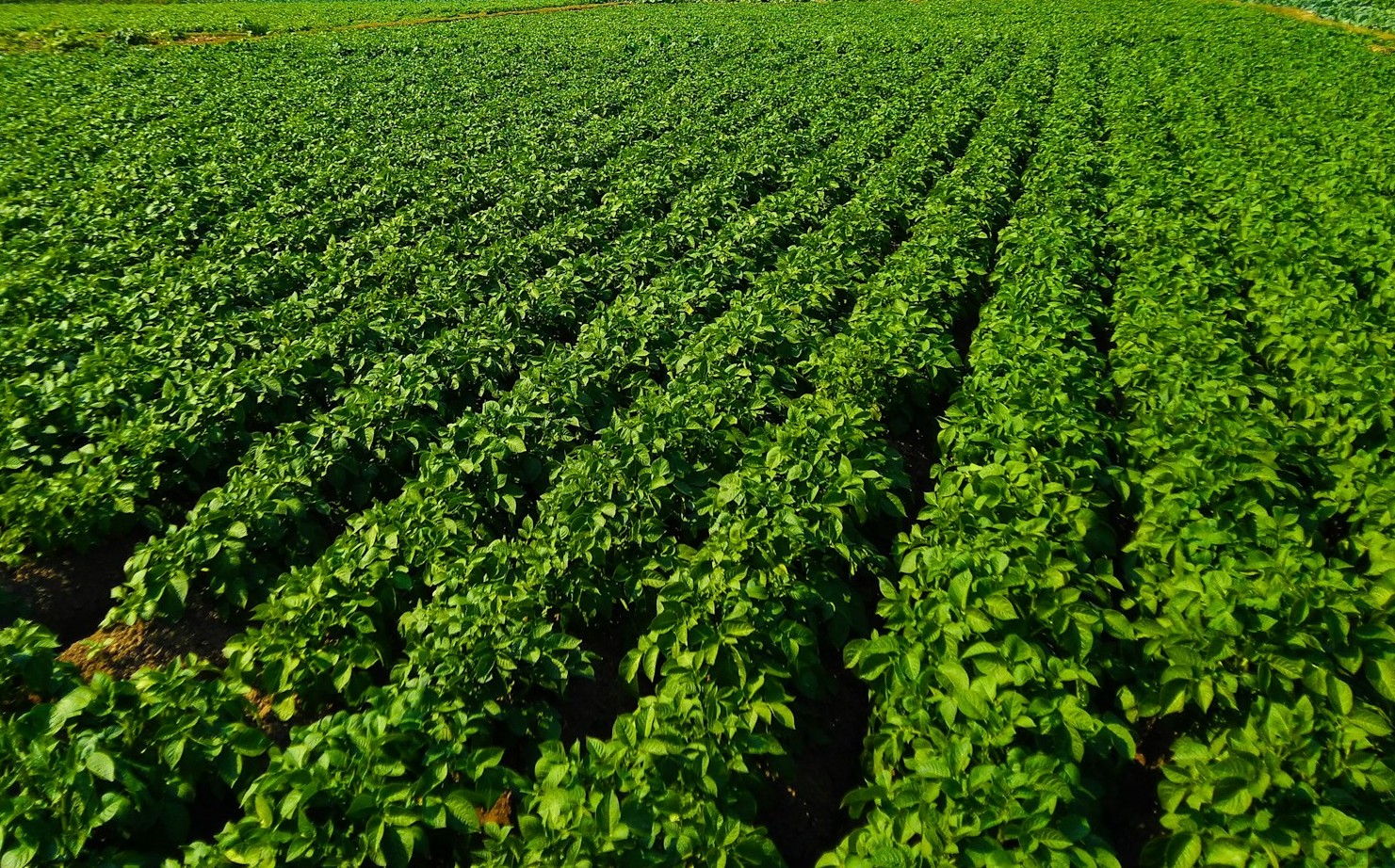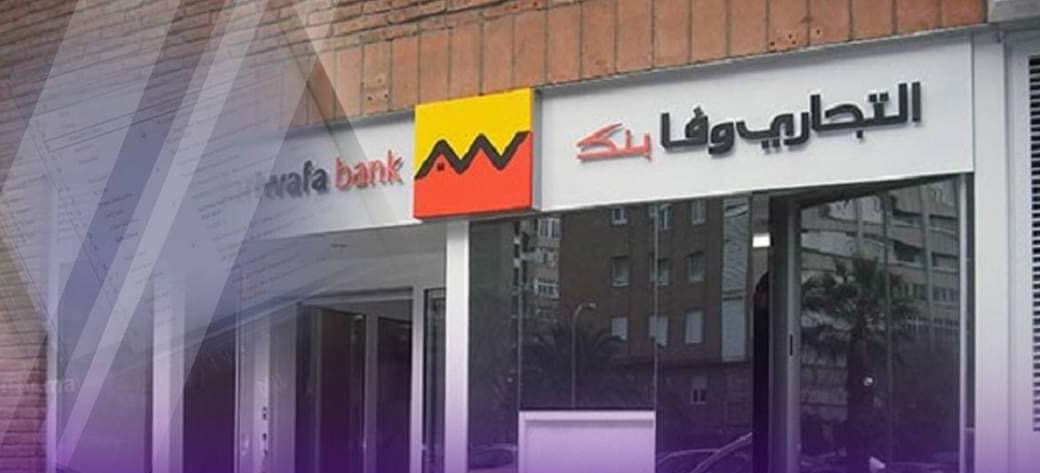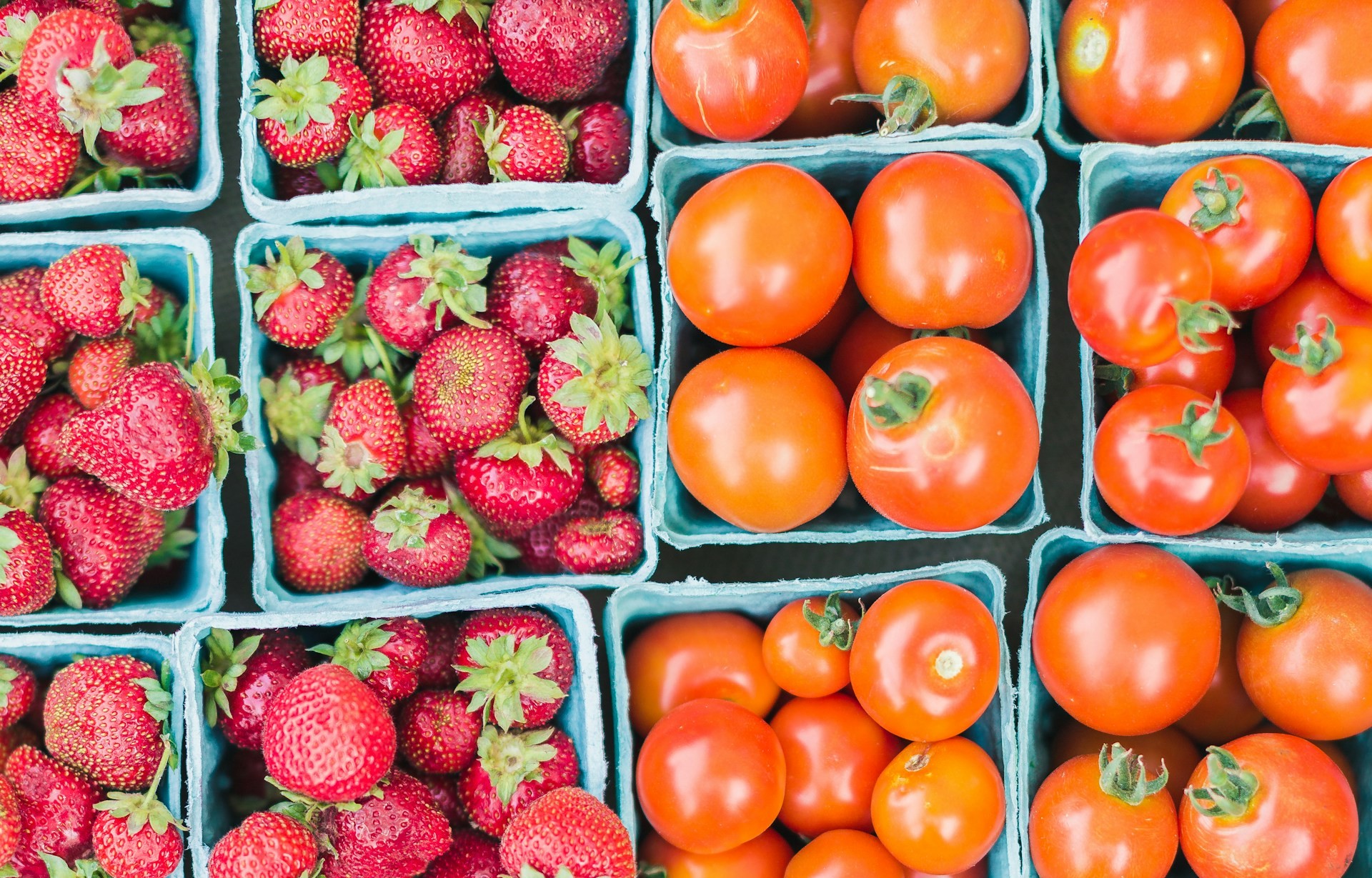Casablanca – In a bold move to address the ongoing challenges facing its agricultural sector, Morocco has unveiled a transformative $850 million program aimed at modernizing farming practices, enhancing food security, and building resilience to climate change. This initiative, supported by conditional financing from the World Bank, will focus on improving agricultural efficiency, stabilizing farmer incomes, and ensuring the long-term sustainability of the country’s natural resources.
The new program, part of Morocco’s “Green Generation 2020-2030” strategy, is designed to tackle the economic and environmental issues that have heavily impacted the agriculture sector. The government is prioritizing rainfed agriculture, which constitutes around 80% of Morocco’s cultivated land, and is a critical element in ensuring food security and rural employment.
A strategic shift to sustainability
Morocco’s agricultural sector, a key pillar of its economy, has been hit hard by a combination of recurring droughts, water shortages, and global supply chain disruptions. The period between 2018 and 2023 saw reduced rainfall, which heavily impacted rainfed agriculture and exacerbated food inflation. These climatic shifts, compounded by rising input costs, have increased the country’s reliance on imports to meet domestic needs, including cereals, meat, and dairy products.
As part of its response, the Moroccan government is channeling $850 million into the revitalization of this crucial sector. The project will be co-financed by the World Bank, which has committed $200 million to the cause. The funding is linked to measurable outcomes, ensuring that the program’s goals of improving efficiency, resilience, and sustainability are achieved.
Fostering innovation and sustainability
The program will focus on promoting sustainable practices, particularly in rainfed areas, where agriculture faces the most significant challenges. Key initiatives include the promotion of conservation agriculture techniques, such as the use of drought-resistant seeds and advanced planting equipment suited to extreme weather conditions. Farmers will receive financial incentives to adopt these innovations, helping them adapt to climate extremes and increase productivity.
In addition, a comprehensive overhaul of Morocco’s agricultural insurance system will be introduced. The new Climate Resilience and Adaptation Program (PRAC) will provide modernized coverage for climate-related risks, helping to mitigate the financial losses caused by unpredictable weather events and ensuring farmers’ livelihoods are protected.
Building a resilient future for food security
The overarching goal of the program is to build a more resilient and sustainable agricultural system that can meet the needs of Morocco’s growing population. In line with this, several initiatives are being rolled out to improve food security and reduce the environmental impact of farming.
One of the key priorities is the promotion of organic farming and the recycling of agricultural waste, both of which will reduce the sector’s carbon footprint. Additionally, the program aims to reduce food waste by modernizing production lines and improving the efficiency of supply chains.
With the FAO providing technical assistance, Morocco will be able to strengthen its national capacity to implement new agricultural technologies and best practices. These measures are expected to enhance productivity, stabilize food prices, and improve the quality of food available to Moroccan citizens.
A vital step forward
This ambitious transformation of Morocco’s agricultural sector comes at a crucial time, as the country faces mounting challenges from climate change and economic uncertainty. By investing in sustainable farming practices, modernizing insurance systems, and enhancing resilience to climatic shifts, Morocco is taking a significant step toward securing its food future while protecting its natural resources for generations to come.
The project represents a comprehensive approach to one of Morocco’s most vital sectors, with the potential to uplift millions of farmers, strengthen the economy, and ensure long-term food security in the face of ongoing climate pressures.




